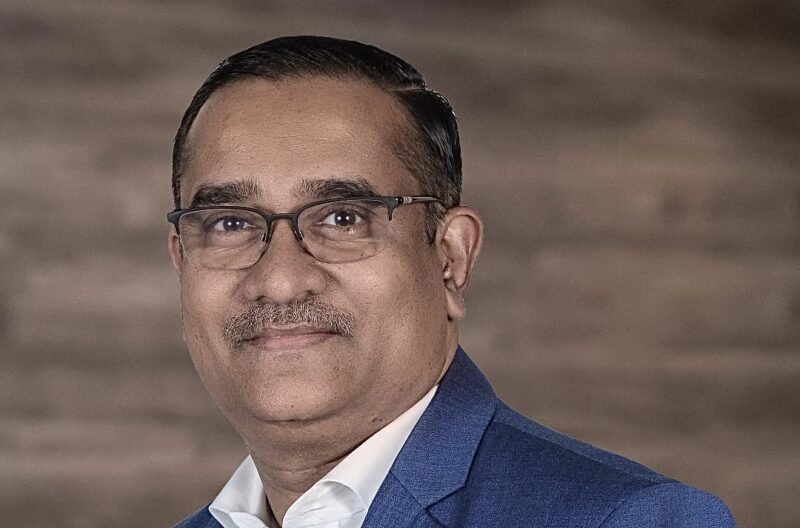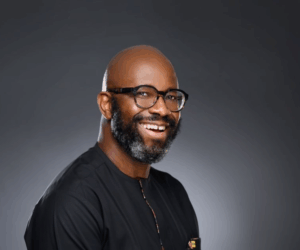Dr Krishnan Ranganath, regional executive for West Africa at Africa Data Centres, has said keeping data within Nigeria’s borders is no longer a choice, but a mandate.
Noting this in an interview with Techeconomy, Dr Krishnan said, “Data domestication is a legal requirement of any continent. The data must remain within the sovereign borders of the country. Which is a must, which is a mandate, and which we are pushing through the ministry as well as NITDA, and the Data Protection Commission,” he said.
“This is happening as of now, and it’s a process, so over a period of time, we will get it 100% right.”
Africa Data Centres, a subsidiary of Cassava Technologies, operates one of the largest network-neutral data centre platforms on the continent. And as Nigeria tightens its data localisation policies, the company is helping to build the country’s long-term digital sovereignty infrastructure, ensuring that sensitive workloads stay local, not on foreign servers.
But building a data economy that can handle that responsibility isn’t simple. Beyond compliance, the stakes are national, data is becoming a new form of sovereignty, determining a country’s digital independence.
When asked about the growing wave of AI, Dr Krishnan Ranganath pointed to both progress and challenges. “AI workloads are beginning to increase as of now. And of course, the networks need to fall in place. We have a lot of issues on the networks and connectivity side that is falling in place bit by bit,” he said.
“Once some of the ongoing projects fall in place, that latency part will reduce. Because Nigeria is not just Lagos alone. It goes out to other parts of Nigeria, which is, you know, a home for 180 million remaining Nigerians.”
He pointed out that AI won’t scale if the rest of the country remains poorly connected. For years, Lagos has carried the digital load, but expanding reliable connectivity and infrastructure across other regions is now essential if Nigeria wants to compete in the AI phase.
AI adoption, in particular, depends on strong, distributed infrastructure, something data centres like Africa Data Centres are striving to build across the region.
Still, even the most advanced data centres can’t operate without steady electricity, and that’s where Nigeria continues to find it tough. Unreliable electricity continues to drag on the growth of digital services.
On this, Dr Krishnan Ranganath said, “Power always remains an issue in Nigeria, especially the transmission is the biggest issue for power. Otherwise, you know, we have decent enough power generation in Nigeria.”
He believes collaboration between data centres, operators, and independent power producers (IPPs) is the key to keeping servers online. “Collaboration between various data centres and operators along with IPPs is the way forward, which I see,” he explained.
“Of course, we talk about a lot of atomic power and other related stuff, but we are not ready for that as of now, to my understanding, because the government needs to put frameworks for that. But to start with, better collaboration between the data centres, operators, and IPPs, that takes us a long way.”
That kind of realisation, balancing vision with practical limitations, defines Africa Data Centres’ approach. The company is part of a pan-African drive to build the backbone of the continent’s digital economy.
In Nigeria, this means laying the foundation for a phase where data sovereignty, AI innovation, and energy sustainability converge.
Companies like Africa Data Centres are taking a chance that these gaps can be bridged with consistent investment, strategic partnerships and patient execution..
At GITEX NIGERIA 2025, global players talked about scaling AI and cloud adoption across Africa, but Dr Krishnan’s perspective was grounded in the realities on the ground: local data, stable power, and connected networks. Without these, the continent’s AI vision might still be waiting for the lights to stay on.








